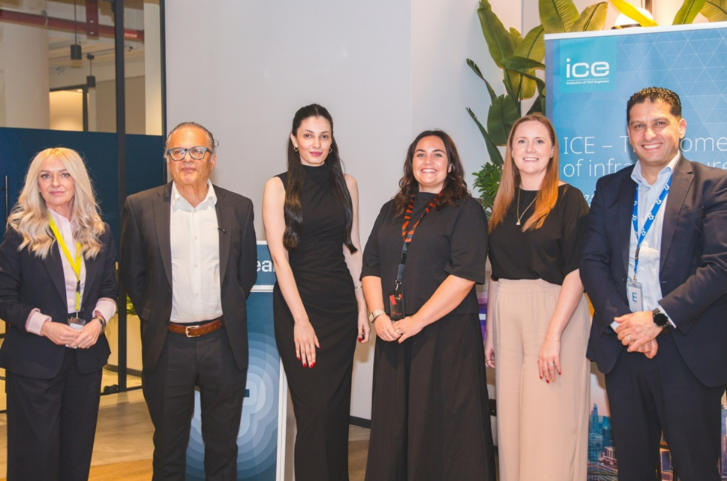
Technology
AtkinsRéalis and ICE continue Beyond Engineering lecture series on bridging communities through mobility in the Middle East
AtkinsRéalis (TSX: ATRL), a global engineering services and nuclear company, and the Institution of Civil Engineers (ICE) held the third session of their Beyond Engineering Lecture Series, focusing on how people-centred mobility solutions can bridge communities and strengthen urban connectivity across the Middle East.
The lecture highlighted the urgent need for resilient and inclusive infrastructure as cities in the region rapidly urbanize. Transport currently accounts for about 20 percent of the Middle East’s CO₂ emissions, underscoring the importance of building systems that are sustainable while supporting economic growth.
Experts emphasized that effective public transport serves as the backbone of inclusive mobility when complemented by safe first and last-mile connections, user-friendly wayfinding, and reliable, affordable services. Drawing lessons from Dubai’s fifteen-year rail development journey, the panel discussed how aligning planning, design, data, and operations from the outset fosters trust and long-term adoption among residents.
Industry leaders agreed that innovation can only scale when supported by strong governance frameworks, transparent data practices, and adaptable regulatory standards. Discussions included emerging mobility solutions such as integrated ticketing, Mobility as a Service, and connected and autonomous transport technologies, examined through the lens of interoperability, user experience, and measurable social outcomes.
Representatives from Parsons, AECOM, WSP, and Omrania (part of the EGIS Group) joined AtkinsRéalis to collaborate on future mobility strategies. Proposed actions included creating city-level playbooks for multimodal integration, developing common data taxonomies to ease data sharing, and piloting projects to demonstrate improvements in journey reliability, accessibility, and efficiency for priority user groups.
“Solving tomorrow’s mobility challenges requires a coalition that reaches across companies, sectors and disciplines,” said Campbell Gray, CEO, Middle East, AtkinsRéalis. “By matching strong public transport foundations with open data and delivery models that prioritize social outcomes, we can help cities across the Middle East create the conditions for communities to thrive.”
Looking ahead, mobility solutions will need to be tailored to different urban contexts. Dense city centres will benefit from clean and shared modes of transport, suburban areas will require efficient options aligned with travel behaviours, and metropolitan regions will rely on integrated digital systems that ensure seamless transfers and real-time operational insights.
“Bridging communities through mobility means aligning planning, delivery and operations around human outcomes,” added Nicola Henderson-Reid, Senior Director and Head of Project and Programme Services, Middle East, AtkinsRéalis. “When we get the basics right early, we see affordable, reliable journeys, stronger access to jobs and services, and lasting benefits for residents and businesses.”
The Beyond Engineering Lecture Series, launched by AtkinsRéalis and ICE, continues to explore themes such as digitization, artificial intelligence, decarbonization, and sustainability to strengthen resilience across the built environment, transportation, and energy sectors.
📢
Advertisement Space
750x200 pixels
Click to book this space
Comments (0)
Please log in to post a comment
Login to CommentNo comments yet. Be the first to share your thoughts!